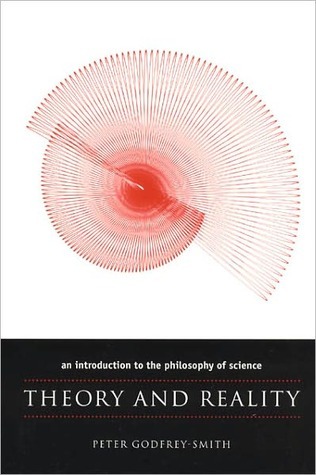More on this book
Kindle Notes & Highlights
"hypothetico-deductivism." Now we are dealing with a method rather than a theory of confirmation. Science textbooks are more cautious about laying out recipes for science than they used to be, but descriptions of the hypothetico-deductive method are still fairly common. Formulations of the method vary, but some are basically a combination of Popper's view of testing and a less skeptical view about confirmation. In these versions, the hypothetico-deductive method is a process in which scientists come up with conjectures and then deduce observational predictions from those conjectures. If the
...more
Freudianism is another matter; the ideas are still popular in some circles, but not because of success under empirical testing. Instead, the theory seems to hang around because of its striking and intriguing character, and because of a subculture in fields such as psychotherapy and literary theory which guards the main ideas and preserves them despite their empirical problems. The theory is handled very unscientifically by those groups. Freud's theory is not taken seriously by most scientifically oriented psychology departments in research universities, but it is taking a while for this fact
...more
The fact that the scientific community rejects the theory for being unscientific, is no reason for the humanities to reject it, even if this fact did filter out to them. A theorys scientific merit is not the standard they apply.


